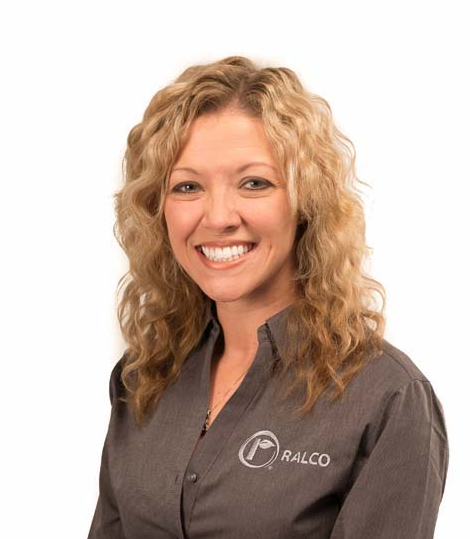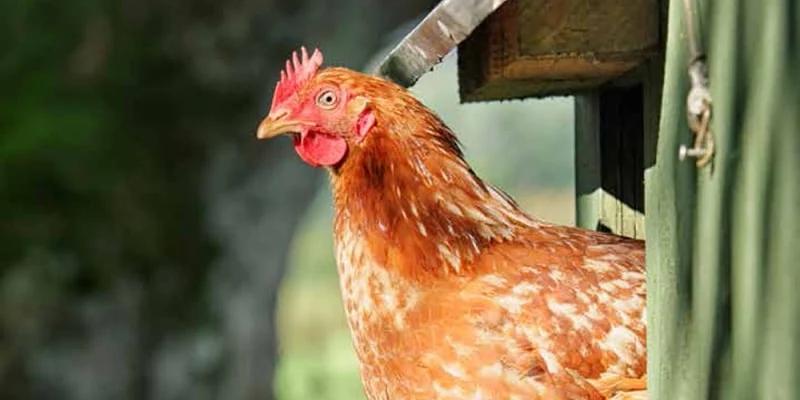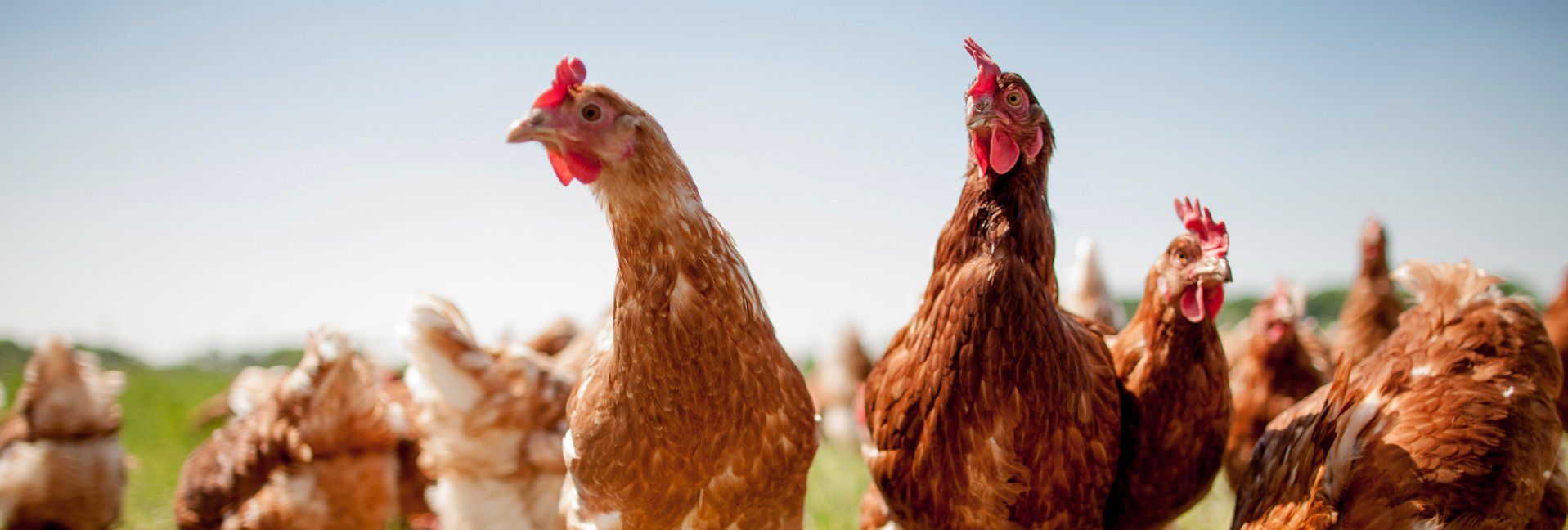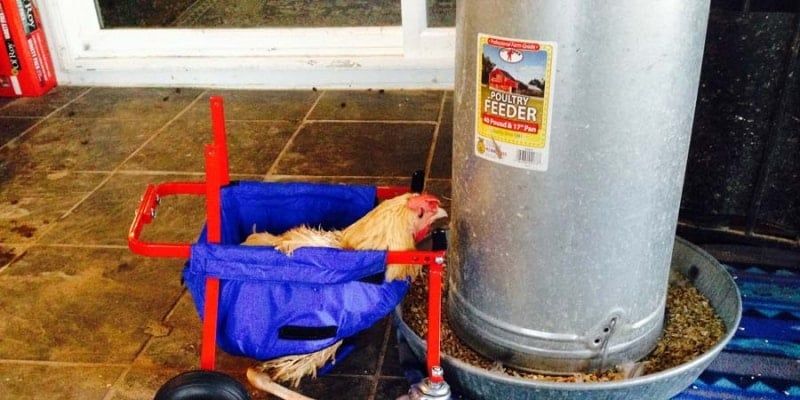Kicking Coccidiosis to the Curb
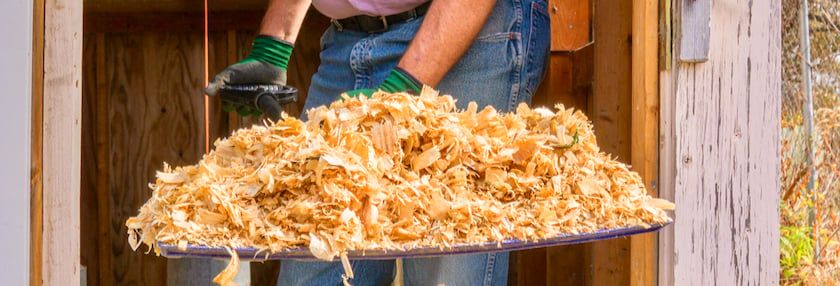

Coop cleaning and litter control are a good start
There are many types of organisms that can cause disease in backyard flocks. Most of us are familiar with bacteria and viruses because these are common disease-causing agents in humans. Parasites are organisms that live in or on another organism commonly using it as a food source and often cause harm to the host organism.
Eimeria are parasitic protozoal organisms that are most known for causing diarrhea in poultry. This is because the affect the intestinal track of birds.
When birds are clinically ill due to Eimeria, this disease is called coccidiosis. Although the disease coccidiosis is more common in commercial flocks than in backyard flocks, backyard poultry can be impacted. There are many different species of Eimeria that cause disease in birds and birds may be infected simultaneously with more than one species of coccidia.
Each species of Eimeria is host-specific, so this means that turkeys do not spread coccidiosis to chickens or the other way around.
How is coccidiosis spread?
Eimeria are present in nearly all poultry raising operations, but clinical disease occurs only after ingestion of relatively large numbers of the parasitic eggs. Ingestion of contaminated feed, water, litter or soil, results in infection.
Parasitic eggs are shed in the bird feces. When the eggs are shed, they need certain conditions to be met to become infective to other birds, they like warm moist environments.
They become infected, and they are then ingested by another bird. The eggs rupture and the parasite babies infect cells in the bird’s intestinal tract. These babies develop and multiply in the intestinal epithelial cells.
The release of the organisms causes trauma and destruction of the cells. The extent of intestinal damage is directly proportional to the number of eggs and the species of Eimeria ingested by the bird.
What are common signs of coccidiosis?
- Diarrhea and wet litter (Due to inflammation in the intestines)
- Blood or mucus in feces (Due to damage in the intestines)
- Loss of appetite
- Decreased water consumption
- Depression (huddled, ruffled feathers, shivering closed eyes)
- Weight loss
- Pale combs and wattles (due to blood loss in the intestines)
- Decreased egg production
- Death, particularly in young birds, although significant death loss can occur in flocks left untreated
Clinical signs of coccidiosis can be more severe depending on the age of the bird, if they are infected with more than one organism, if they are immune compromised, the birds stress level and depending on the number of eggs ingested. Even birds that survive clinical coccidiosis may have permanent damage to their intestine, setting them up for health challenges in the future.
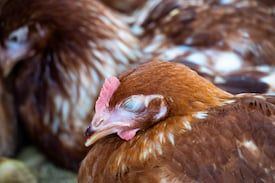
How is coccidiosis diagnosed?
Because coccidiosis is a disease of the intestine, it can look similar to many other diseases including bacterial diseases like salmonella, other parasitic diseases, toxin-related disease and many others.
If your birds are experiencing clinical signs of coccidiosis, it is important to contact your veterinarian or local extension agent.
Veterinarians or diagnostic labs can take samples of the bird’s feces to look for parasitic eggs to diagnosis coccidiosis or if a bird dies, a necropsy can diagnosis the disease to determine treatment for the rest of the flock.
How is coccidiosis prevented?
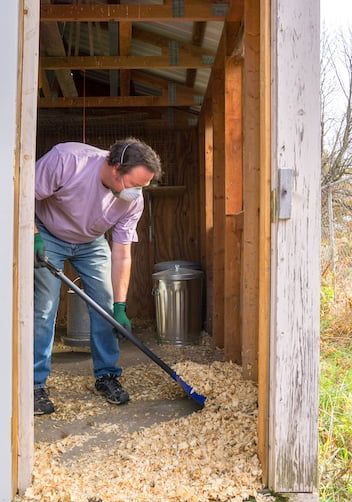
Five key practices can kick coccidiosis to the curb.
Cleaning the coop regularly. Removing bird feces and contaminated litter is important to decrease the number of parasitic eggs in the environment. If possible, you can limit the mixing of young and older birds to allow the younger birds to develop immunity.
Keep litter dry. This can help prevent the eggs from becoming infective because they need the moist environment.
Routine fecal flotations. Even when clinical signs are not evident, known as subclinical infection, the parasite can predispose the birds to additional bacterial and parasitic infections. Setting up a routine flock fecal flotation schedule with your veterinarian can help catch infection early and prevent further spread or worsening diseases in the flock
Decrease stress. This can be accomplished by maintaining a health program with your veterinarian, maintain or establish biosecurity protocols, appropriate coop maintenance, protecting the birds from becoming chilled or heat stressed, keeping the birds hydrated with fresh clean water, and avoiding overcrowding.
Support good intestinal health and immune health. This can include appropriate complete and balanced nutrition and use of supplements that support gut health that have been demonstrated to be safe and effective in poultry. Another step may include a vaccination program developed with your veterinarian; coccidia vaccines are meant to help the birds develop natural immunity at a young age to prevent severe disease in the future.
Finally, chemical anticoccidial controls may be warranted for severe infections. Resistance can develop to chemical compounds, so it is important to build a coccidiosis prevention program with a veterinarian to provide the best care for your flock and prevent resistance.
Coccidiosis is a devastating disease when not properly controlled. Good flock management practices and a coccidiosis control program can control the negative impacts of coccidiosis on small flocks, increasing the quality and longevity of bird lives.
Tags:Poultry Today

Chicken Whisperer is part of the Catalyst Communications Network publication family.


